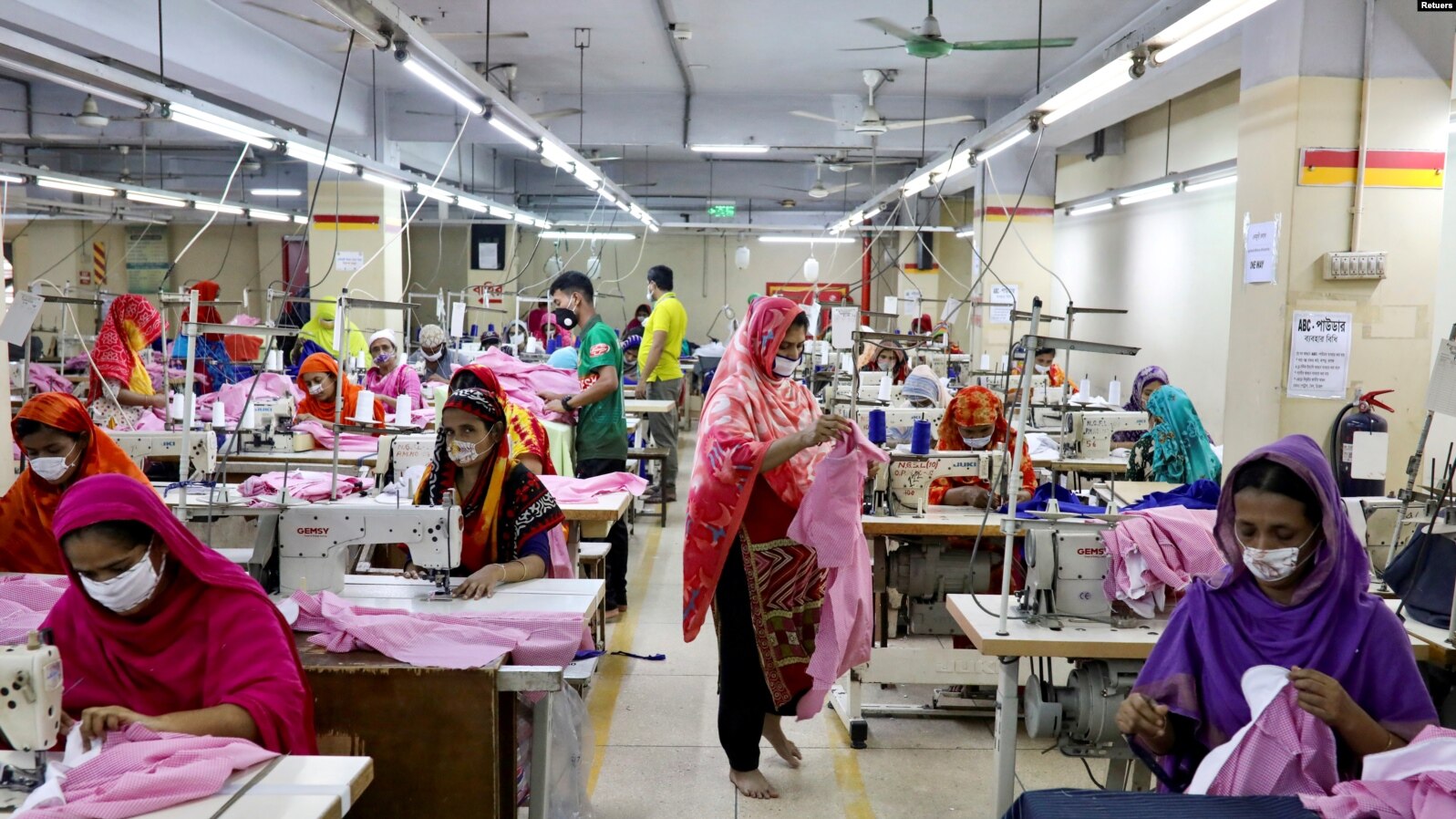
Published :
Updated :

About 97 per cent of major global fashion brands, including H&M, Inditex, Mango, Gap, Nike, and Primark, were found to pay less than a living wage to their supply chain workers, despite differences in their levels of transparency and public commitment, according to a German study.
The United States leads the ranking, with up to 68 companies failing to ensure decent wages for their workers in the value chain, the study said.
The Berlin School of Business and Innovation (BSBI) conducted the study, published last month, using data from fashionchecker.org that examined 219 companies from 28 countries.
It assessed five criteria: supply chain transparency, payment of living wages, action plans for living wages, public commitments regarding this, and disclosure of freedom of association and collective bargaining coverage.
Terming the findings "alarming," the report said some 213 out of the 219 companies were found to pay less than a living wage. Only six companies -- from the US, UK, Germany, and the Netherlands -- reached the minimal threshold of paying 1.0-25 per cent of workers a living wage. However, no company achieved the highest categories for wage provision.
Though 58 companies have publicly committed to introducing living wages, only five brands -- two Dutch (Zeeman and Hema), two US (Patagonia Inc and PVH), and one Italian (OVS Spa) -- have concrete action plans in place. Disclosure of freedom of association and collective bargaining agreements is even rarer, with only 20 companies publishing relevant data, four of them from Germany.
The report added that the German fashion industry is at least making initial progress in transparency compared to many other countries. The study also examined how openly fashion companies present their supply chains -- that is, whether it is possible to trace where and under what conditions production takes place. On average, the 219 surveyed companies achieved only 2.69 out of 5 stars for supply chain transparency.
Switzerland, Sweden, Norway, Hong Kong, Denmark, and Belgium topped the rating with five stars, followed by the Netherlands (4 stars) and Germany (3.53 stars). At the bottom of the list were China, India, Korea, Poland, Singapore, Turkey, and the United Arab Emirates, with just one star each.
While progress has been made on transparency -- particularly in Germany -- widespread failure to pay living wages remains an ongoing ethical challenge for the global fashion industry.
"The fashion industry thrives on creativity and global influence, yet it continues to fall short on its most fundamental responsibility -- ensuring fair and dignified wages for workers. Paying a living wage is not a luxury; it is the baseline of ethical business practice," said Dr Gemma Vallet, vice-dean of the Faculty of Economics and Business Administration and an expert in fashion and brand management at BSBI.
She added that the results show economic success in the fashion industry rarely aligns with fair labour standards, noting that 213 out of 219 companies still do not pay a living wage -- a global failure.
Citing a recent study showing that 40 per cent of German consumers demand more transparency along the entire supply chain, Dr Vallet said this discrepancy between consumer demand and corporate practice underscores the urgent need for a rethink.
munni_fe@yahoo.com


 For all latest news, follow The Financial Express Google News channel.
For all latest news, follow The Financial Express Google News channel.